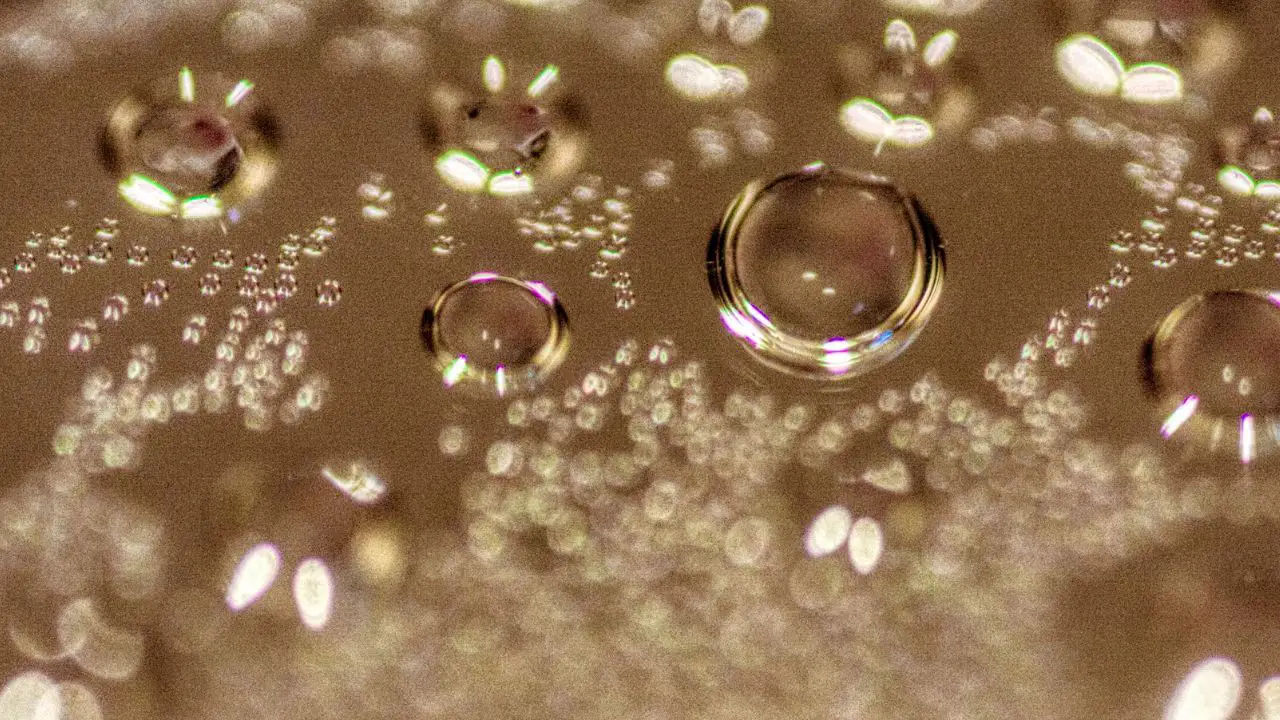Can Solar Panels Be Used For Heating Water?
Absolutely, solar panels can heat water! Solar thermal panels absorb sunlight, convert it into heat, and transfer this to a water tank. They can lower energy costs, reduce carbon footprints, and work in any climate.

If you're anything like me, you've probably spent more than a few nights under the stars, relying on solar power and renewable energy sources to make your adventures possible. In the middle of nature, we come to appreciate the potential that the sun has to offer - like heating our water.
So, can solar panels be used for heating water? In short, absolutely! It's a common misconception that solar panels can only be used for electricity. In reality, there's an entirely separate category of solar technology dedicated to heating water, namely, solar thermal panels.
Solar thermal panels work by absorbing sunlight and converting it into heat. This heat is then transferred to a water tank, providing a household with hot water. They are an excellent addition to any home that wants to save on energy costs and promote sustainability.
How Solar Thermal Panels Work
Solar thermal panels, or solar water heaters, use solar collectors (typically located on your roof) to absorb sunlight. This energy is then transferred to a heat exchanger, which heats the water.
Unlike photovoltaic (PV) solar panels that directly convert sunlight into electricity, solar thermal panels are designed specifically for heating. They have a more straightforward operation and can be more efficient at directly heating water than using electricity from PV panels.
The Benefits of Solar Thermal Panels
What's so great about heating your water with solar power? Aside from reducing your dependence on the grid and making your camping adventures more comfortable, here are a few of the many benefits.
- Lower Energy Costs: By supplementing your hot water needs with solar energy, you can significantly reduce your energy bills. It's a simple switch that can save a considerable amount over time.
- Environmentally Friendly: Reducing your dependence on traditional energy sources also means reducing your carbon footprint. Using solar power helps decrease greenhouse gas emissions, contributing to a healthier planet. If you're considering adding a log burner to your home, pairing it with a solar water heater can be a sustainable and efficient heating solution.
- Works in Any Climate: While solar energy is often associated with sunny climates, solar thermal panels can operate effectively even in colder or cloudy environments. They're designed to absorb sunlight, not necessarily direct sunshine.
- Versatile Application: Solar thermal energy isn't just for your home. It can be applied in various ways, such as heating swimming pools or powering radiant floor heating systems. You can even use solar thermal energy to reduce your pond running costs!
Solar Energy Beyond Water Heating
Heating water is just one application of solar energy. There are countless ways to harness the power of the sun, from solar-powered camping gear to solar-powered water fountains for your garden. The possibilities are as limitless as the sun itself.
If you've ever considered installing solar panels, there's no better time than now. As solar technology advances, it becomes more efficient and more affordable. You can even get creative with DIY solar garden lights to add a little sparkle to your outdoor living space.
Conclusion
Solar thermal panels are a practical and eco-friendly solution for heating water. They reduce energy costs, help protect the environment, and provide a reliable source of hot water even in less sunny climates. But the power of the sun doesn't stop there; from illuminating your garden to making your next camping trip a little brighter, solar energy has a place in every aspect of our lives.
So, the next time you find yourself sipping a hot cup of tea on a chilly camping trip, think of the sun. Remember the warmth on your face, the glow on your surroundings, and consider how that same power could be used to heat your water at home.

